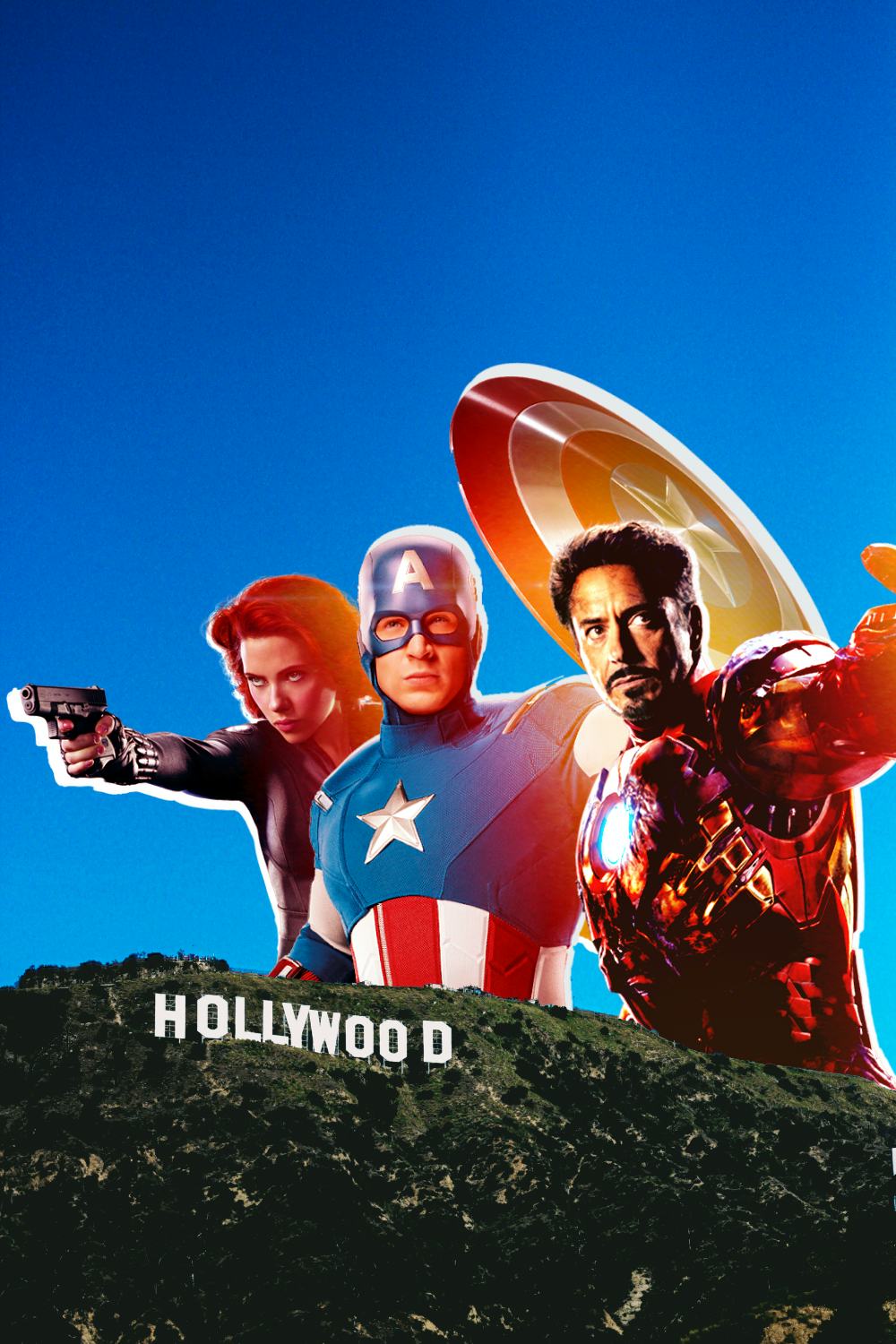
Ten years ago, there was an idea.
Bring together a group of remarkable movie superheroes to see if they could be something more. With Marvel’s The Avengers, released a decade ago on May 4, 2012, the idea paid off – and then some.
The behemoth success of The Avengers changed Hollywood. Written and directed by geek icon Joss Whedon, whose alleged misconduct has since diminished his reputation, the 2012 movie transformed the culture and economics of cinema forever, or at least for the next decade. Screenwriters and producers not involved with Marvel Studios celebrate The Avengers, for its narrative cohesion, balancing act of opposing ensemble characters, and crowd-pleasing spectacle. But the film’s enterprising consequences are a bit more complex.
In 2022, The Avengers is one of the most influential releases ever – and depending on who you ask, for better and for worse.
“It was a tipping point,” says screenwriter and producer Adi Shankar, whose satirical superhero drama The Guardians of Justice (Will Save You) launched on Netflix in March. Shankar is also the producer of films like Dredd, The Grey, and TV shows like Castlevania.
Shankar, and others interviewed for this story, tell Inverse that The Avengers is not solely responsible for all of today’s trends in Hollywood. The never-ending popularity of superhero films, the changing costs of production and marketing, the disappearance of mid-budget films in theaters, and even the expectations that blockbusters must make a billion dollars are not all The Avengers’ doing. That’s the biggest secret, Cap – movies were changing, anyway.
But Marvel undoubtedly cemented many trends as the new standard. If Hollywood had long been a foot race, The Avengers inspired everyone to drive sports cars.
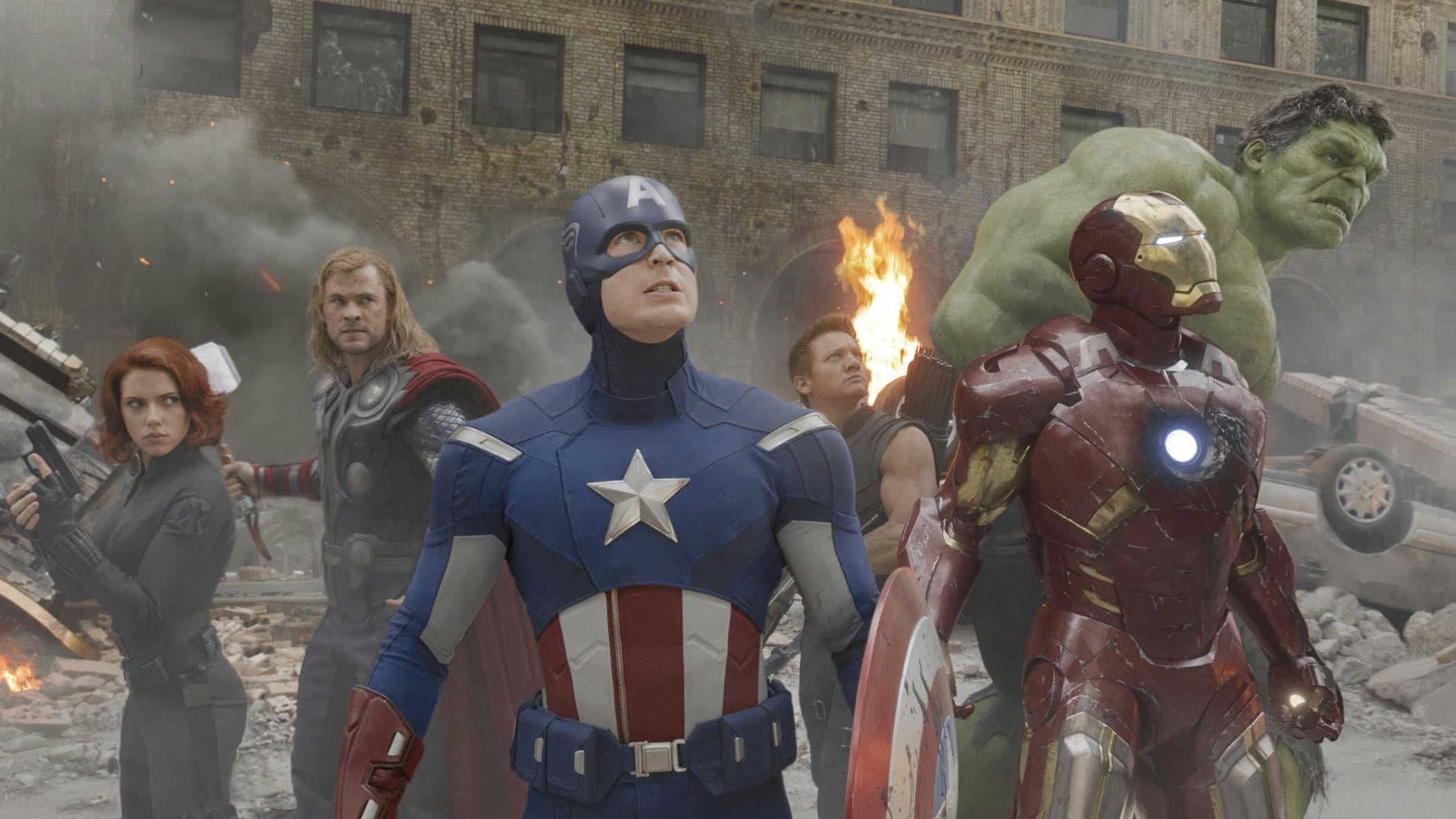
Besides The Avengers’ creative merits, which Shankar says taught mainstream culture to pivot from gritty superhero stories a la The Dark Knight and “embrace comic book absurdity,” Avengers clued the rest of Hollywood into the potential of intellectual property (IP) and event releases. These became the norm, edging out theatrical releases of mid-budget, star-driven vehicles – i.e. romantic comedies, dramas, and adult thrillers — that are now supported by streamers like Netflix and Amazon.
“In terms of the business paradigm, a lot of suits are running around trying to create a shared universe to cross-pollinate IP. Without The Avengers, that just doesn’t happen,” Shankar says. While there have been instances of fictional shared universes, “the mainstream implication of the crossover event doesn’t happen without The Avengers.”
On creative terms, writers speak highly of The Avengers and its achievement to execute on its ambitious premise. “Honestly, the first thing that strikes me [about the film] is that they pulled it off,” says screenwriter and producer Charly Parlapanides, co-writer of movies like Immortals, Death Note, and executive producer of Netflix’s Blood of Zeus alongside his brother Vlas.
“[Before The Avengers], if you pitched an executive, ‘We’re gonna do three movies introducing these characters and then team them up,’ they’d be like, ‘That’s insane.’ No one’s ever done something like that. That was a moment in movie history. It was a landmark, really.”
The Fall of DVDs and the Rise of IP
Let’s backtrack. After going bankrupt in the 1990s, Marvel entered a nonrecourse loan from Merrill Lynch to produce its own movies. Had it failed, today Merrill Lynch would be the de facto rulers of the MCU. To pay back the debt, the freshly established Marvel Studios chose to swing big by doing something different.
As detailed in the book The Big Picture: The Fight for the Future of Movies by Ben Fritz, Marvel executives David Maisel and Kevin Feige (who runs Marvel Studios today) questioned how a Hollywood studio traditionally operated. “Forget how things have been done,” Maisel is quoted in the book, “How should they be done?”
Inspired by its comic books, Marvel plotted a series of films centered on specific characters. Rather than create traditional sequels, the studio weaved the films together through small but crucial narrative threads. The concept was the birth of the cinematic shared universe, on a scale not even the Universal Monsters ever anticipated. This was how comics had been telling stories for years, but it was never attempted in the costly world of live-action movies.
“[The Avengers] delivered the promise of print comic books for the first time in film,” Reed Tucker, author of Slugfest: Inside the 50-Year Battle Between Marvel and DC, tells Inverse. “It brought all those characters into one, gigantic world-ending story. That was the genius of it.”
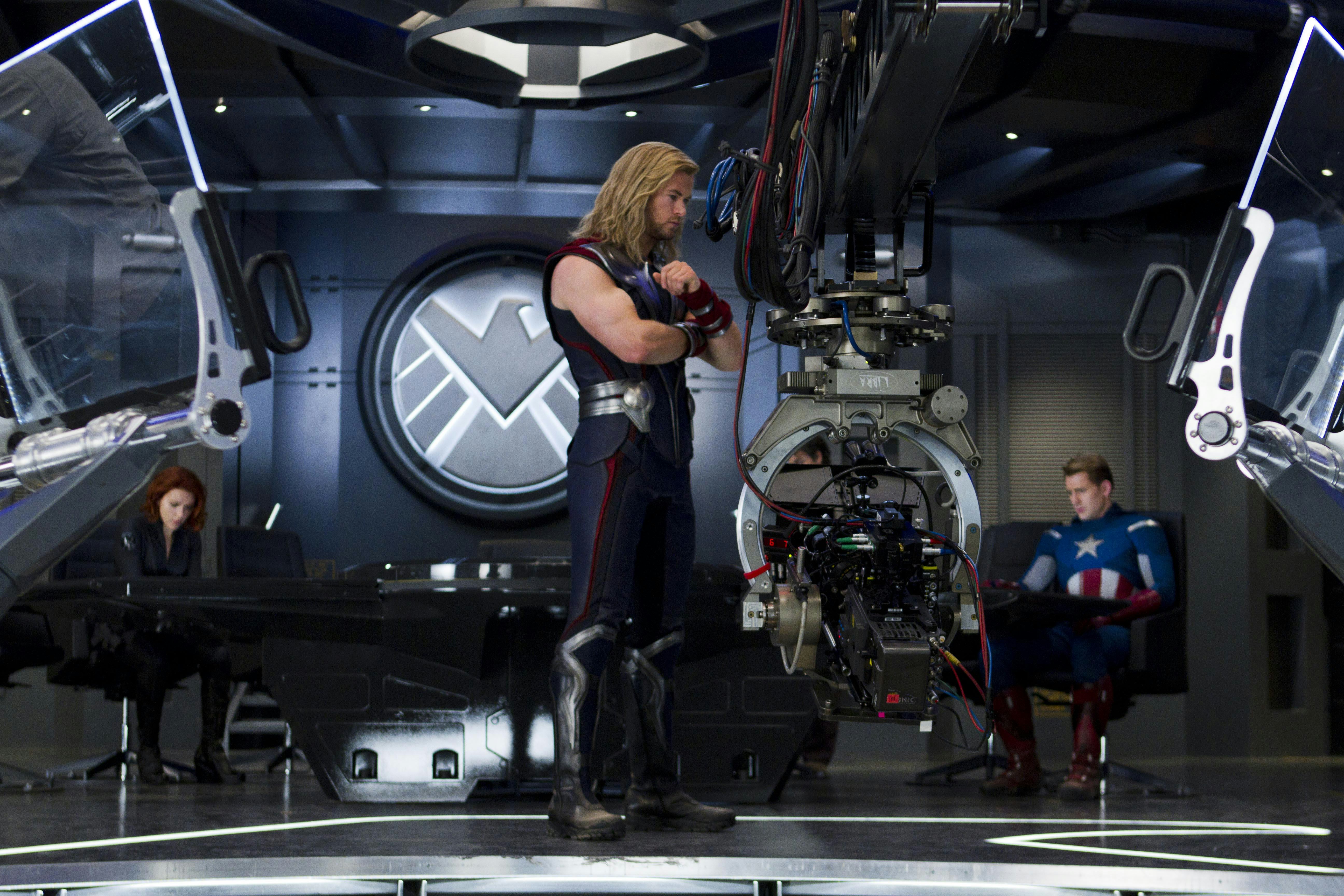
The Avengers starred the leads from all of Marvel’s self-financed pictures, tossing together a mix of mostly unknown white actors named Chris (“No-names” is how Vulture described Chris Hemsworth in a 2009 headline) along with the “uninsurable” Robert Downey Jr. and Scarlett Johansson. You know what happened next. The Avengers didn’t break box office records, it obliterated them. In its opening weekend, it grossed $207.4 million in the United States and amassed a total of $1.5 billion worldwide. Ten years later, it is still one of the ten highest-grossing movies of all time.
“At the time, that was unprecedented,” Comscore senior analyst Paul Dergarabedian tells Inverse. “I’ve been tracking the box office since 1993; I’ve been in this business 30 years. We had big opening weekends before. But a $200 million opening was mind-boggling. This is a multi-billion franchise that changed the game forever and set the bar really high.”
The victory Marvel enjoyed through The Avengers influenced everyone else to want it, too. The studio’s gamble of its previously unheard shared universe encouraged competing studios to try the same thing. “Our business is very much a copycat business,” Charly Parlapanides says.
“The landscape was changing, but [The Avengers] really cemented it,” adds Vlas Parlapanides.
Hollywood was already shifting to a business of franchises and adaptations, in the case of pre-2012 epics like Harry Potter, Lord of the Rings, Twilight, and other superhero films like Spider-Man. But The Avengers accelerated that shift.
“From then on, trying to sell an original [script] was harder,” Vlas says. “It was all about mining IP. Studios decided to make fewer films because they were going to spend more money on bigger films. Everything kind of shrunk, in terms of writing opportunities at various studios.”
The Parlapanideses further point out The Avengers’ impact on sales of spec scripts. In industry speak, spec scripts are drafts of screenplays, often original ideas, that demonstrate the technical and creative prowess of the writer. Many classic movies originated as spec scripts, like Good Will Hunting, Thelma & Louise, and Lethal Weapon.
“I remember looking at the numbers, in like the late ‘90s over 200 spec scripts sold a year,” says Charly, “By 2012, when The Avengers came out, it was down to 48. Studios were no longer looking.” In 2020, the number of spec scripts sold was 25. “Studios decided, We’re not going to buy original scripts. We want things with pre-existing fan bases. We need to find IP.”
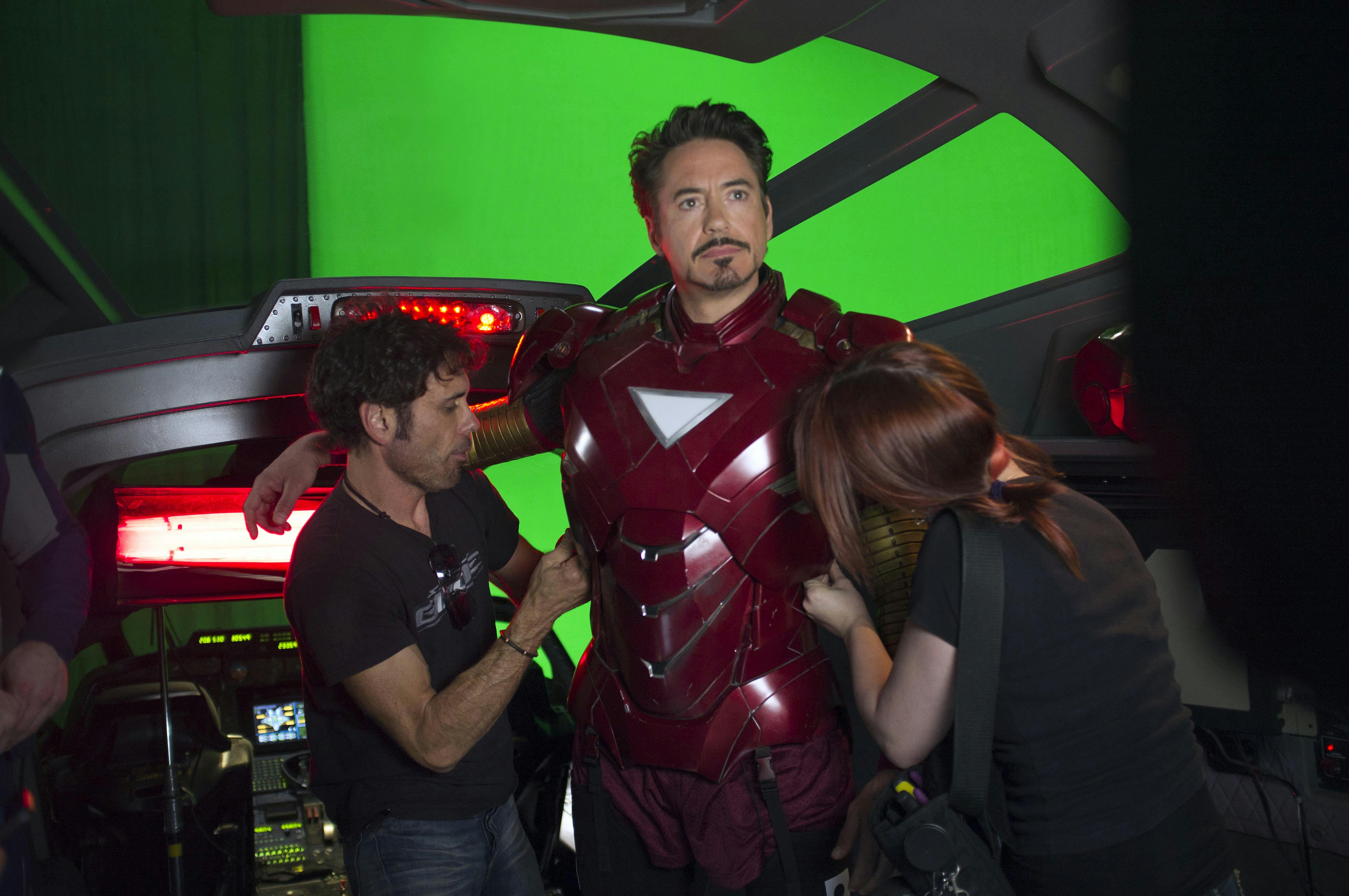
“The Avengers changed the rules, raised the bar in the minds of analysts and fans,” Dergarabedian says.
The foreign box office had grown in importance for Hollywood, especially after The Avengers grossed $895 million overseas. One critical market was, and still is, China. In 2012, China’s box office counted $2.7 billion in revenue, with much of that due to The Avengers.
“It put a big emphasis on the international box office,” Dergarabedian adds. “The Avengers was the first film that had a big impact on what was possible in terms of revenue. It changed the game on how everything is accounted for.”
But the overseas film market was already important before The Avengers. Before streaming, physical media like video cassettes and DVDs aided in the total revenue of a movie. Sometimes, movies that didn’t perform well enough in theaters would find a salvo in home video. Sales of DVDs peaked in 2007 but have trended downward since.
“It fell off a cliff,” says Charly Parlapanides. “That changed the economics for all the studios because they could always count on DVD sales. Once studios lost that DVD market, they had to find a way to replace that lost revenue. They turned to overseas. What they needed was big tentpole movies, and what perfectly fit those were Marvel’s superhero movies. Comic book movies translate easier.”
As Fritz details in The Big Picture:
“[The death of DVD] was like a siren’s wail to studio executives, urging them to make fewer, bigger, louder movies. DVD sales declines were smallest for movies with budgets of more than $75 million … as studios tried to cut costs in response to plummeting home-entertainment revenues, risky original scripts and adaptations of highbrow books were the first to go.”
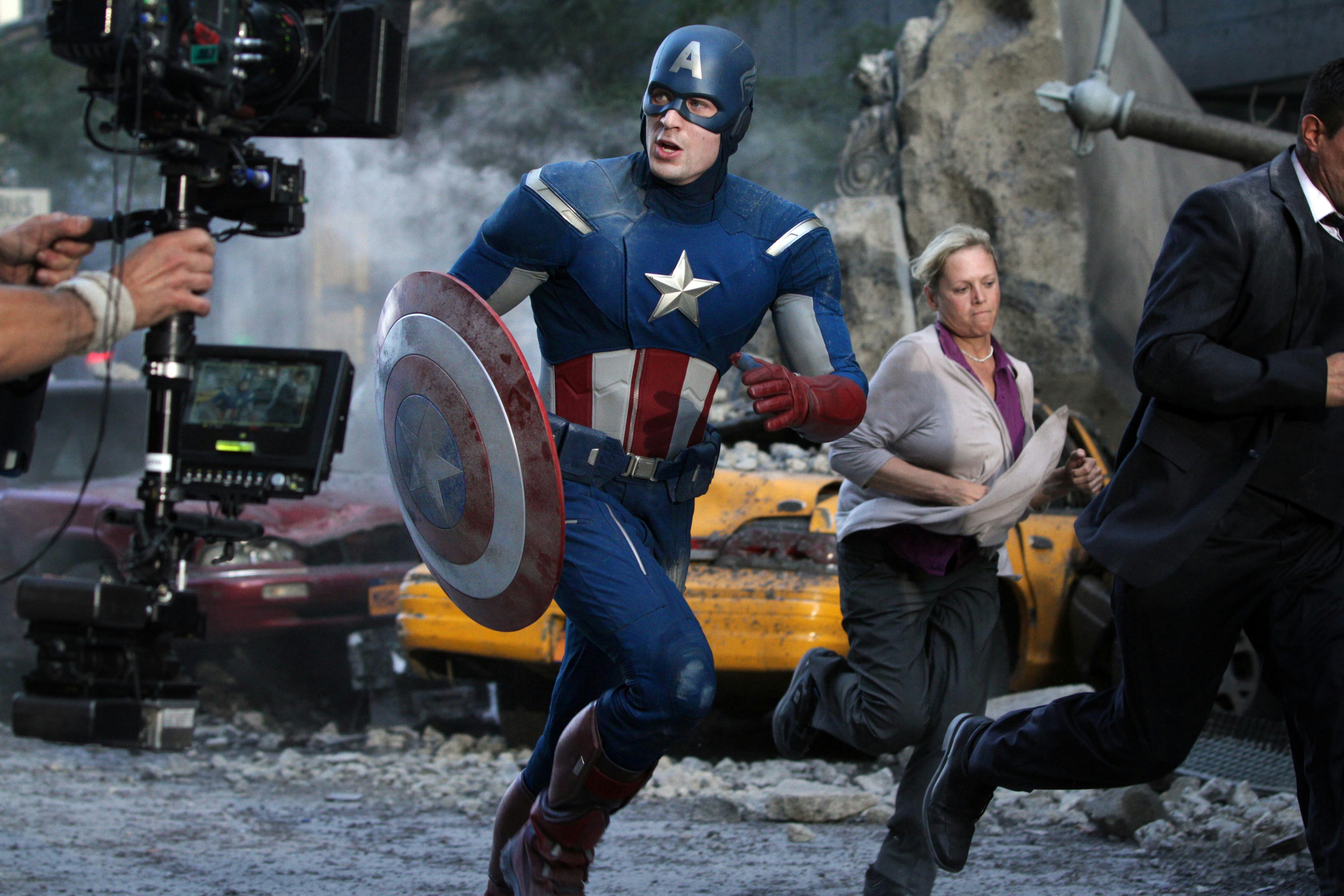
The Parlapanides Brothers themselves saw how the market evolved to favor overseas. Six months before The Avengers, the Greek-inspired fantasy Immortals starring Henry Cavill and written by the Parlapanideses opened to a respectable $83.5 million in the U.S., and a more impressive $143 million combined elsewhere. A reported $5.7 million came from China alone.
When The Avengers released months later, these trends took deeper root. “Phase One was proof of concept to the rest of town,” says Charly Parlapanides, “Now, everyone’s trying to replicate that. Now, if certain tentpoles don’t do a billion, people are disappointed.”
Adds Vlas, “I remember when a movie would make $100 million – that used to be the benchmark. It just kept going up and up.”
The Power of Fandom
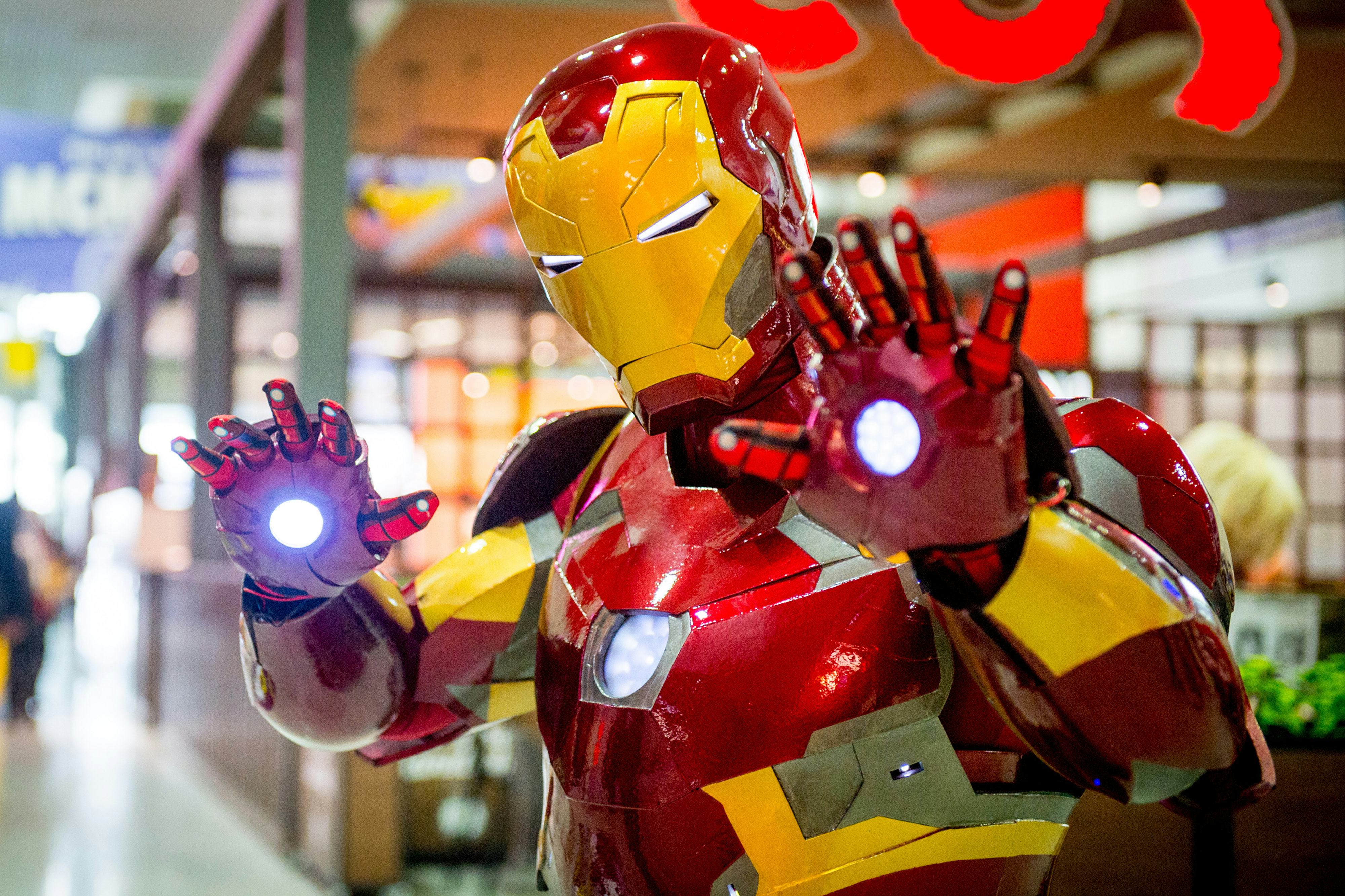
The Avengers proved the cinematic universe gamble can pay off in a way that was good for business.
“Avengers proved the whole is greater than the sum of its parts,” Patrick Willems tells Inverse. “The characters combined are infinitely more valuable than on their own. This is why every other studio saw dollar signs.”
A filmmaker and YouTuber whose video essays cover both the art and commerce of movies, Willems says Avengers kicked off a new era for American movie culture. “It really does feel like a turning point for mainstream American cinema,” he says, “You can draw a line between the pre-Avengers and post-Avengers world. The MCU had been going for four years at that point, and it was doing well, but everything changes once The Avengers happens.”
The Avengers proved the unforeseen appeal of Marvel’s shared universe experiment, which Willems says was the nascent online fan experience where doing “homework” and keeping up with connecting story threads was as much fun as watching the movie. Asking audiences to remember details wasn’t the death sentence most movie executives thought.
“The Avengers changed the rules.”
“The payoff of all your time and attention, rewarded by these big character moments, that’s this huge, exciting catharsis,” Willems says. He observes a similar trend in HBO’s Game of Thrones, the gory fantasy drama that was as prolific as The Avengers at roughly the same time. “Hollywood would have viewed this niche, nerdy thing as too dense and too dorky for mainstream audiences. It turned out audiences were more than happy to do the research, read Wikis, and keep up with everything.”
The film’s post-credits tease of Thanos, the villain of later pictures Avengers: Infinity War and Avengers: Endgame (combined grosses: $4.84 billion worldwide) was as unbelievable to Willems as it was commercially sound.
“This was free marketing,” Willems says. “By throwing Thanos at the end, you’ve got people reading and researching and speculating about the future. They are getting excited for movies that don’t exist yet. And Marvel’s not spending a dime. For all my misgivings about Marvel and the effect they’ve had on the industry, objectively, I have to say that’s brilliant.”
After The Avengers, the cinematic universe arms race was on. Warner Bros., owners of the rival DC franchise, attempted its own cinematic universe to more mixed results. Other competitors include the Conjuring franchise, Fast & Furious (retroactively made into something bigger than its humble street heist beginnings intended), and Star Wars, also owned by Marvel’s parent company Disney.
“You can draw a line between the pre-Avengers and post-Avengers world”
Arguably the most infamous failed rival was the Dark Universe, a proposed reboot of Universal’s classic movie monsters – including Dracula, Frankenstein, the Invisible Man, and more – that inhabited a shared continuity. After the underwhelming performance of the first film, 2017’s The Mummy starring Tom Cruise, the plug was unceremoniously pulled. The Dark Universe slipped back into the shadows without barely making $500 million.
“The most common mistake with these other franchises is putting the cart before the horse,” Willems says. “Marvel started pretty small. With the Dark Universe, they announced a universe before they had a movie. They were so bullish with this grand plan, and so it became a joke right away. If we’re using the metaphor for a building, the foundation you’ve laid is already crumbling before the first brick.”
“That scares Hollywood”
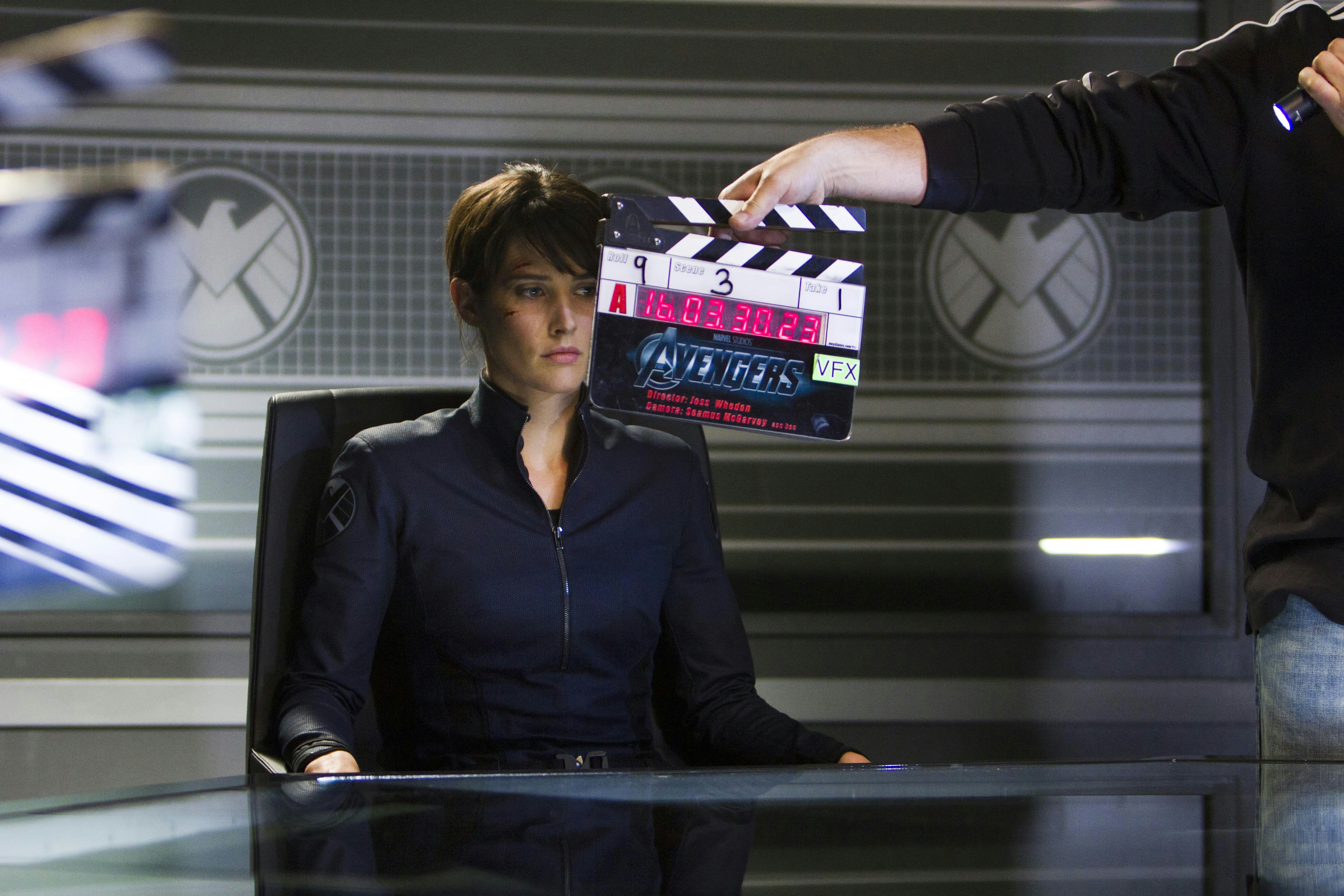
The ongoing story of the MCU has only swelled in scale in the decade since the Avengers first assembled on screen. Today, Marvel is bigger than ever, with even more billion-dollar hits in its enviable library, like Black Panther, Avengers: Endgame, and Spider-Man: No Way Home.
Marvel Studios had success as a film studio before The Avengers, but the explosion of the 2012 film forever altered how industry success is even measured. And, impossibly, it’s still a good movie on its own. “Just in terms of storytelling and writing, we thought it was awesome,” says Vlas Parlapanides. “It hadn’t been done at that scale. Whenever something in Hollywood is new, that scares Hollywood, and that excites us.”
“The movie was really good,” says analyst Paul Dergarabedian, “That’s the X-factor with these films. It could have the pedigree, it could have the mythology, it could have excitement. But if the movie doesn’t deliver, you’re not going to get to a billion dollars.”
“It pushed the quality threshold,” says Adi Shankar, “It's not solely responsible for all the trends. But it became the reference point for everything that came after it.”
In Marvel’s original comics, the Avengers stood united against threats that none of its members could face alone. The Avengers proved there is power in numbers. How Marvel may evolve in the next ten years will decide just how much that power can last.







